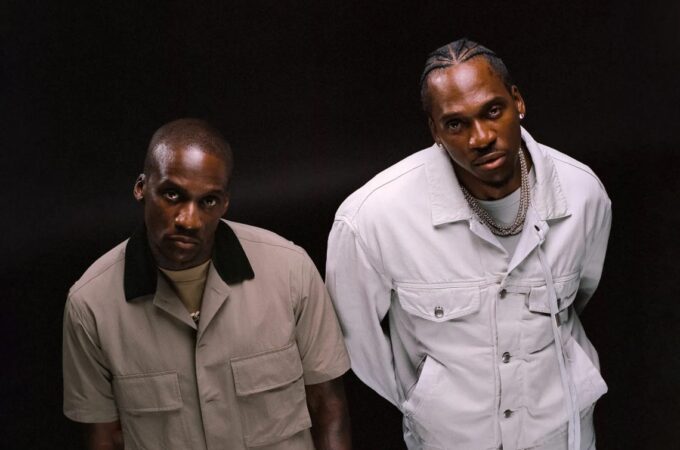
Young Thug Faces $16 Million Catalog Sale Lawsuit Amid AEG Loan Dispute
Young Thug Faces Legal Battle Over $16 Million Catalog Sale Amid Unpaid AEG Loan
Young Thug is entangled in yet another legal challenge following allegations that he pocketed $16 million from selling part of his music catalog while still owing a significant debt to AEG, a global leader in live music and sports entertainment.
The Dispute with AEG
The conflict stems from a 2017 agreement between Young Thug, his label YSL, and AEG. According to reports, AEG provided a $5.25 million loan to the rapper and his label in exchange for exclusive global rights to promote his live performances. The loan, along with accrued interest, was to be repaid through concert revenue and other associated earnings. However, AEG now alleges that Thug violated their agreement by selling his publishing rights in 2021 to Kobalt Music for a reported $16 million.
The sold catalog includes copyrights for over 400 compositions, which AEG claims were pledged as collateral for the loan. By 2019, AEG asserts that Young Thug and YSL defaulted on the loan, leaving an outstanding balance of $5 million. AEG contends that the rapper misrepresented his financial capabilities and breached the agreement when he profited from the sale of his music catalog.
In response, AEG is seeking repayment of the original loan balance and any earnings linked to the transferred copyrights.
Funding Legal Expenses Amid Ongoing Challenges
The decision to sell a substantial portion of his catalog came before Young Thug’s high-profile arrest in 2022 in connection with the YSL RICO case. Facing serious charges and mounting legal fees, the rapper likely used the proceeds from the catalog sale to finance his defense.
After nearly three years in jail and a prolonged trial, Thug pleaded guilty last month to several charges, including participating in a criminal street gang, violations of Georgia’s controlled substances laws, and firearm-related offenses. While initially sentenced to 40 years, his sentence was reduced to time served, followed by 15 years of probation and an additional 20 years of backloaded probation. On October 31, he was released from custody.
Broader Implications
The controversy surrounding Young Thug’s catalog sale raises questions about artist finances and transparency in the music industry. Selling publishing rights has become a common practice among artists seeking quick financial gains, but such transactions can have legal ramifications if prior agreements or obligations are overlooked.
In this case, AEG’s claims underscore the importance of honoring contractual commitments. With allegations of misrepresentation and default, the company is determined to recover its losses. Meanwhile, Young Thug’s legal troubles highlight the challenges artists face when juggling creative pursuits, financial obligations, and unforeseen legal battles.
Moving Forward
As the case unfolds, it remains to be seen how the courts will address the dispute. Young Thug’s catalog sale, while financially advantageous in the short term, may come at a steep cost if AEG’s claims are upheld. For the rapper, resolving this matter is another hurdle in a series of legal and personal challenges that have marked his recent years.
In the ever-evolving music industry, this situation serves as a cautionary tale for artists and labels navigating complex contracts and financial arrangements.





